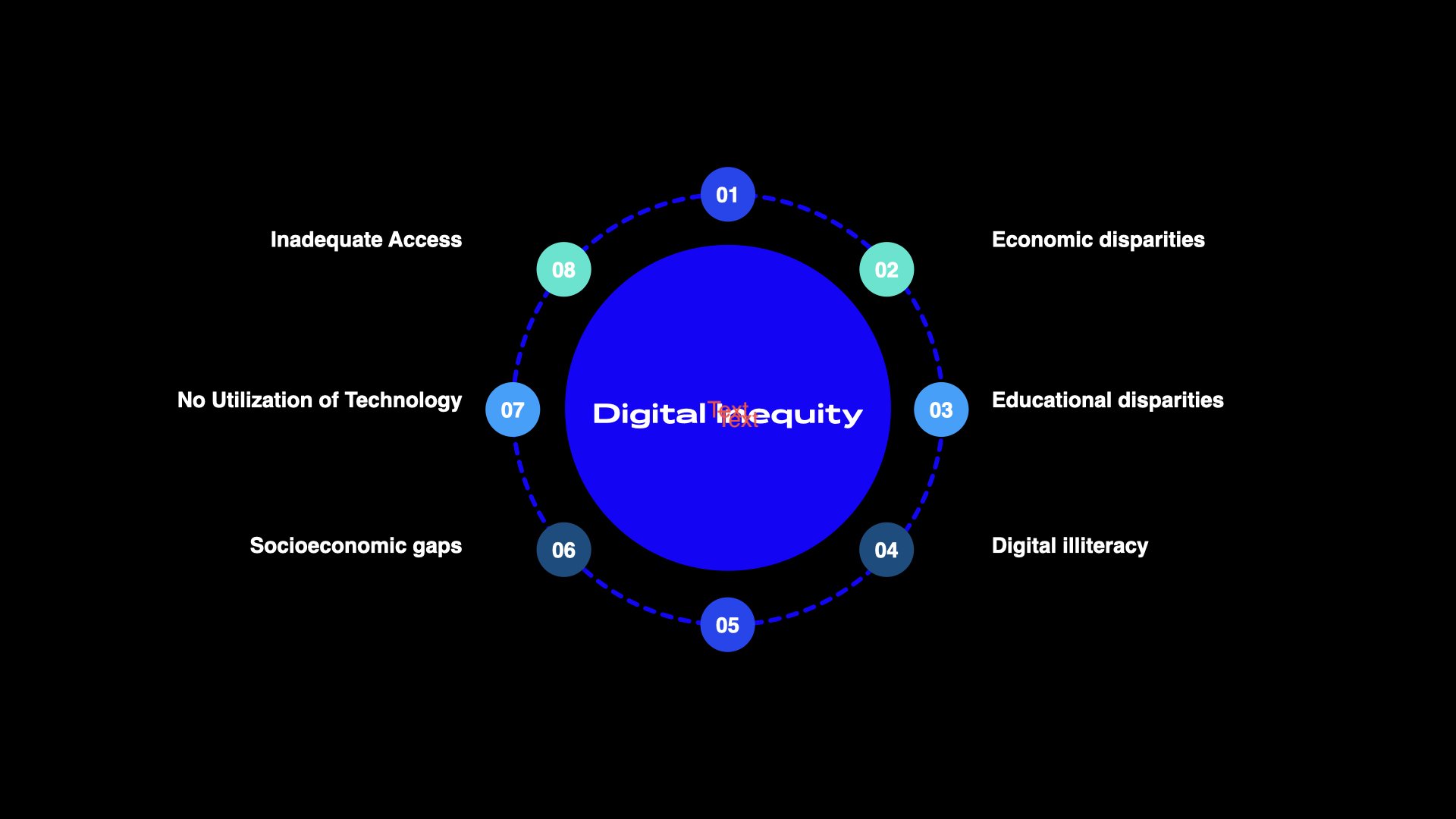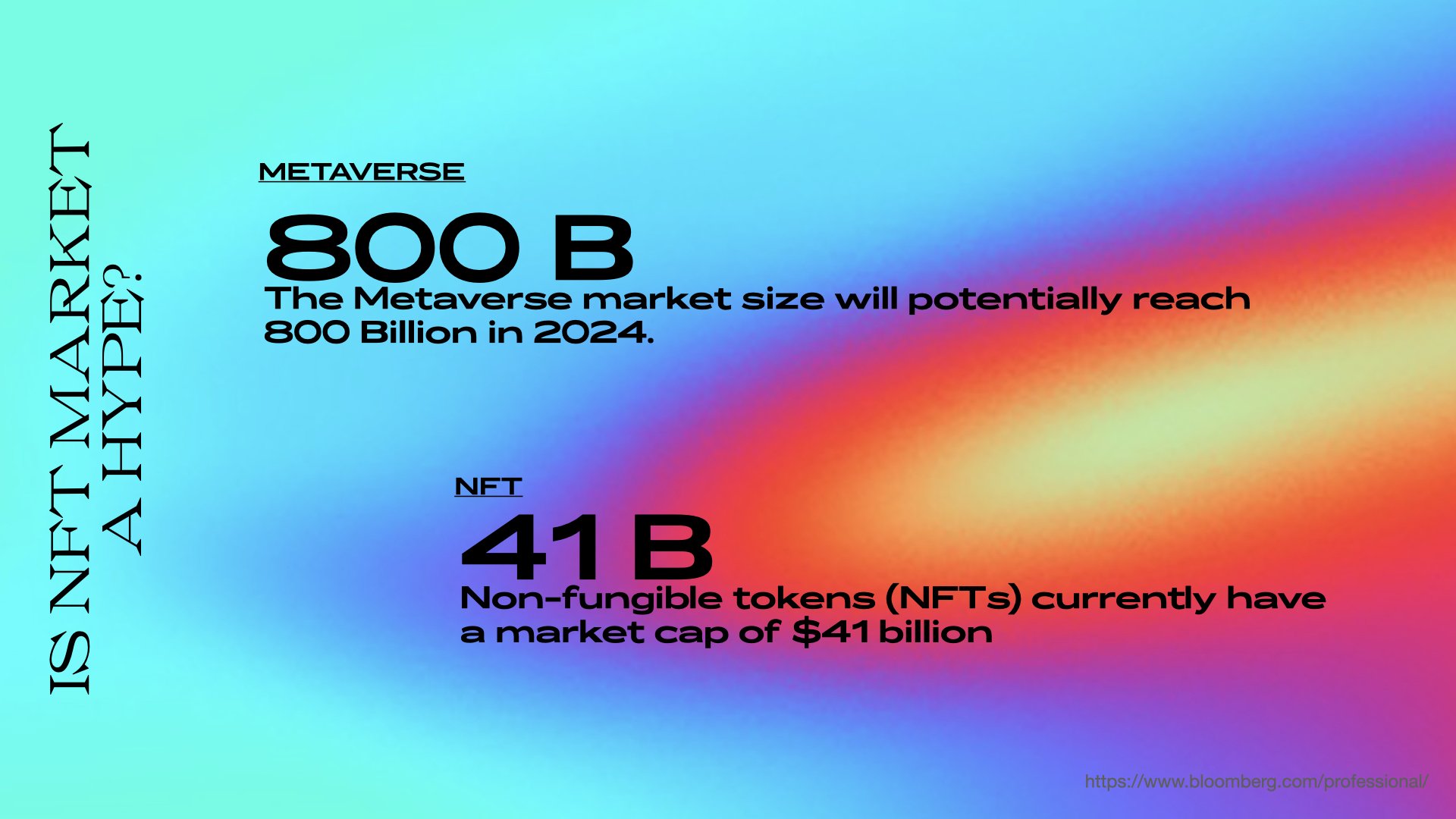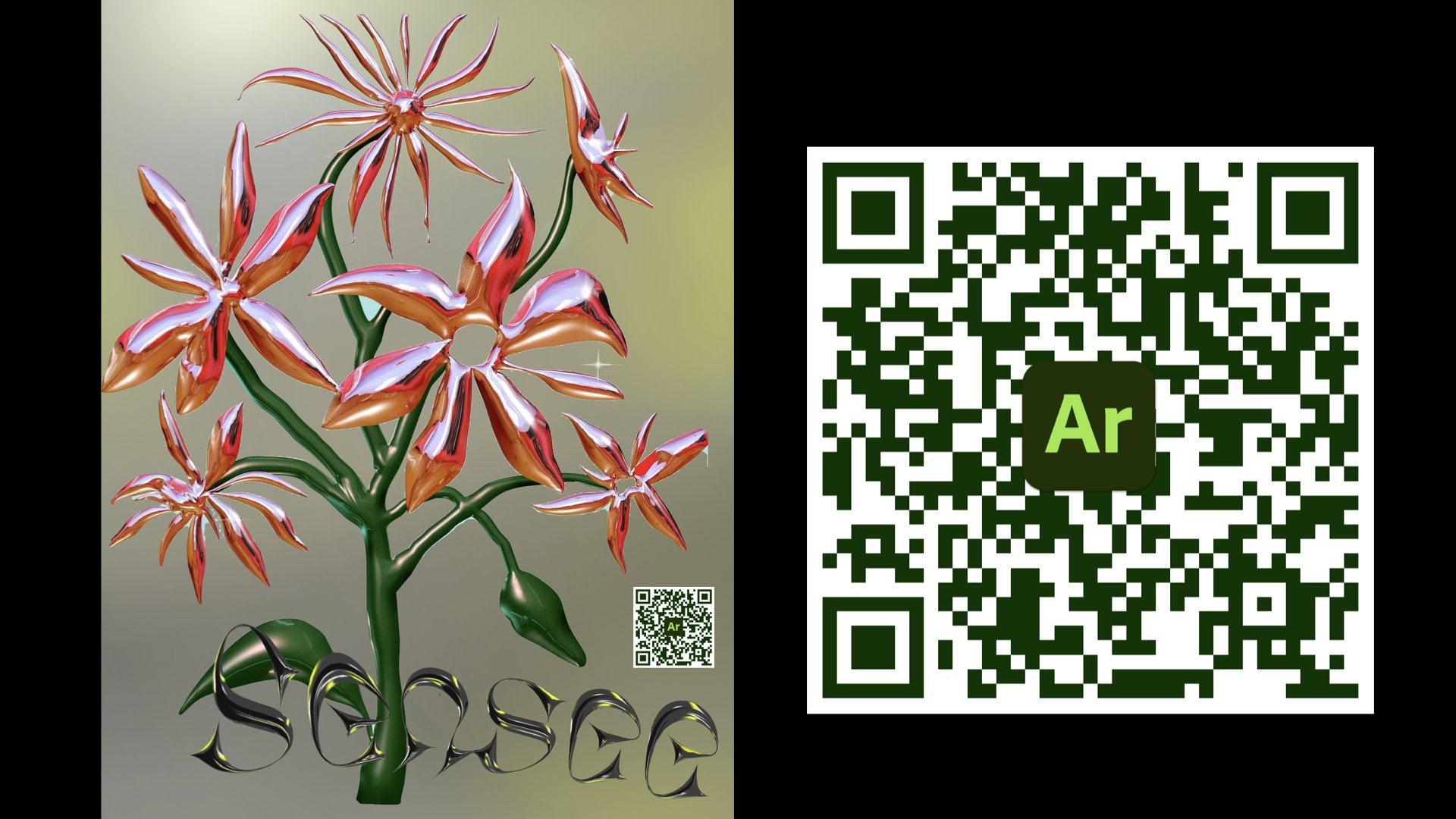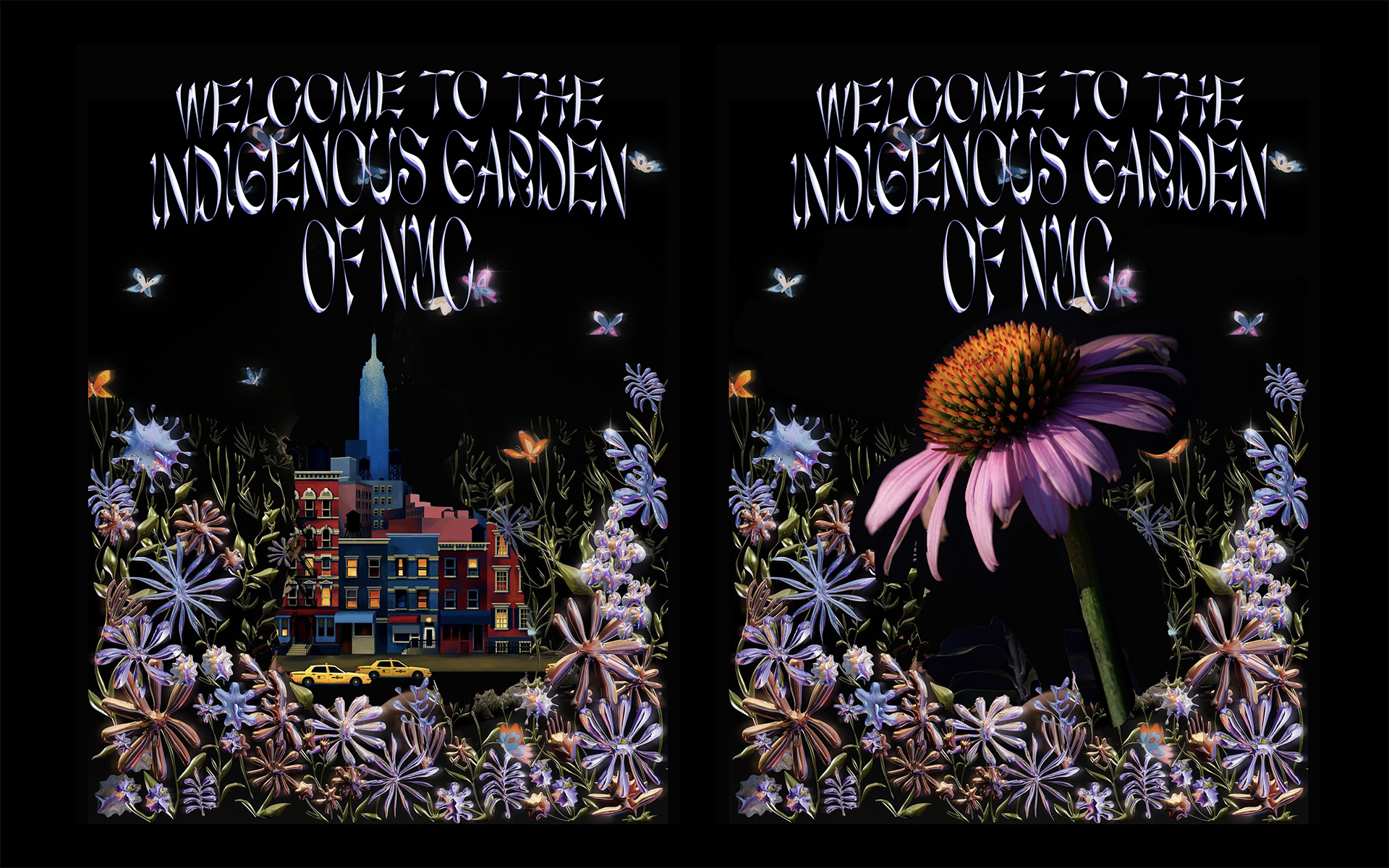The Powerless Metaverse: Inclusivity, Equity, and Ownership
Isabell Park's thesis, The Powerless Metaverse: Inclusivity, Equity, and Ownership, investigates the Metaverse through the lens of design to solve complex problems of access, socioeconomic gaps, and more. Metaverse, a recent buzzword, is defined as a digital world currently entered through virtual reality (VR) or augmented reality (AR) that allows people to interact, mimicking the real world. Isabell was inspired to explore the topic when the South Korean government recently decided to significantly invest in the Metaverse. “This funding expanded opportunities for people to enter the Metaverse.” Isabell explains. “With skyrocketing rents and low wages, the socioeconomic gap is significant.” This inequality allowed only the top 10% to afford physical properties—whereas people found the Metaverse to be an opportunity to own digital investments and properties. In Isabell’s design investigations she asks the question, “Does this technology have to lead to such a dark future?”
"The craze for the Metaverse reflects the sadness and anger of the MZ generation due to polarization of the social gaps." — Kim Sang-Hyun, Professor of Engineering at Kangwon National University
"We're craving physical togetherness more than ever. Technology will instead find ways to merge with our everyday reality and turn the unreal real—blurring the lines between the two, and making it almost impossible to recognize where one starts and the other ends."
— A Future World Report by Dazed
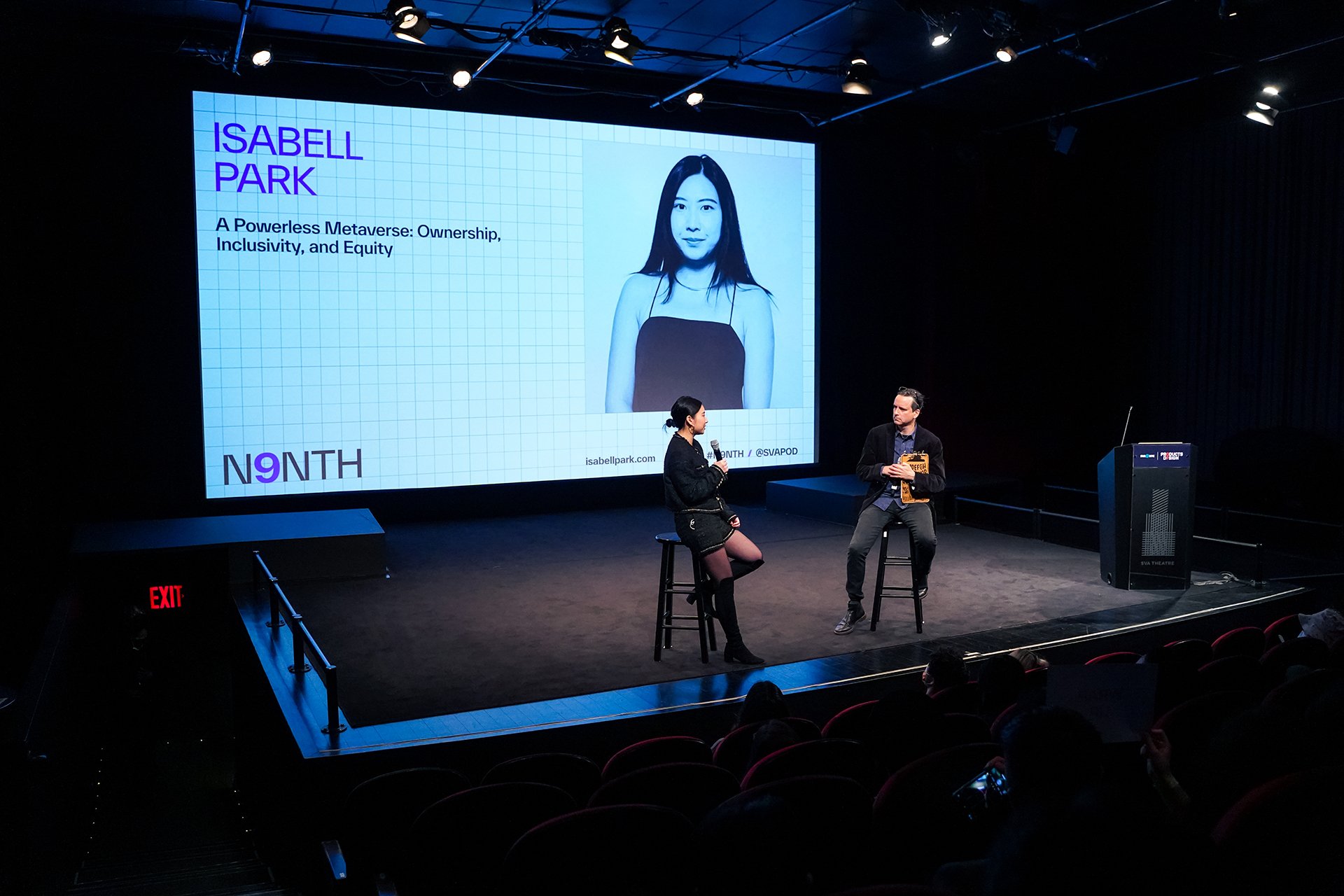
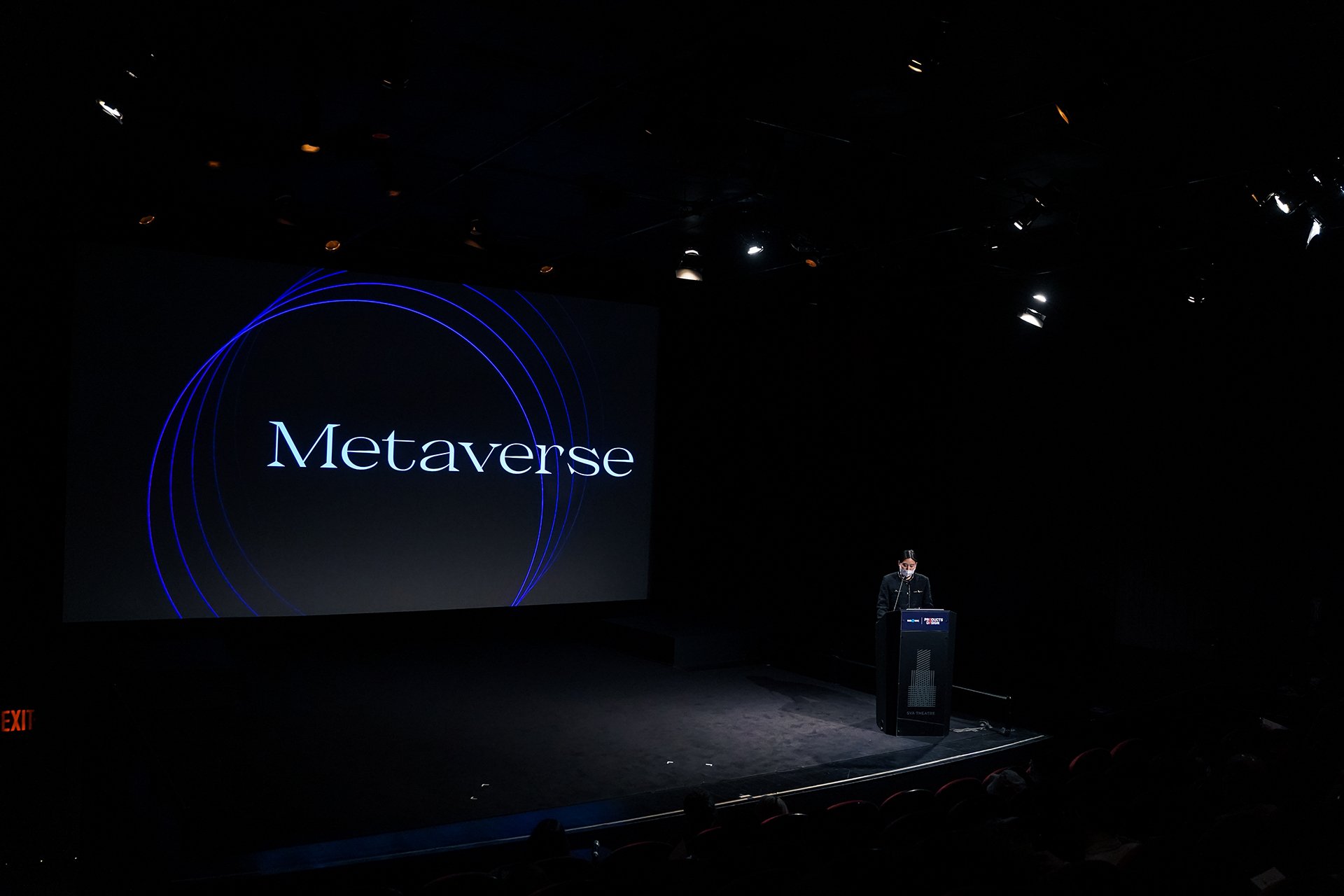

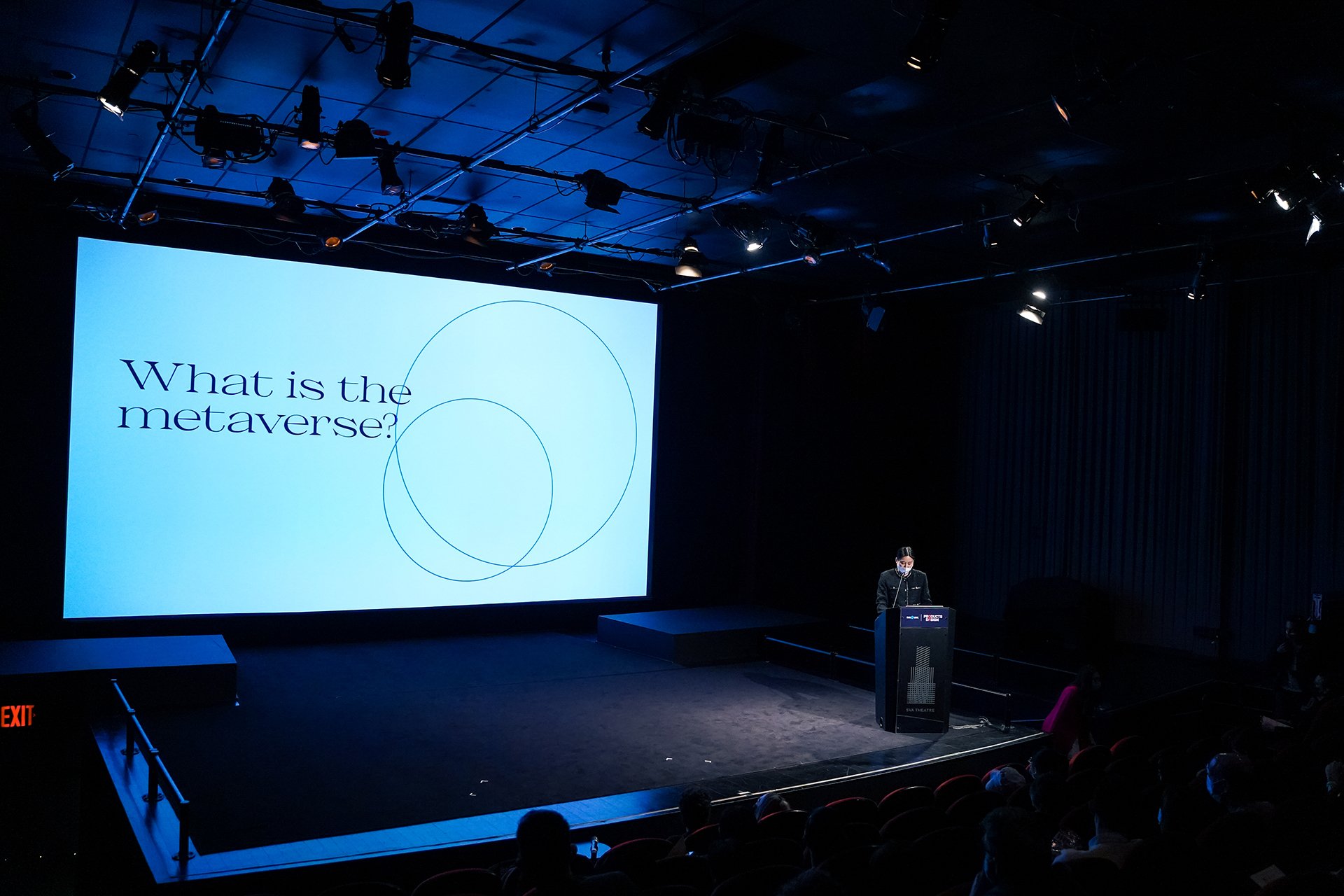
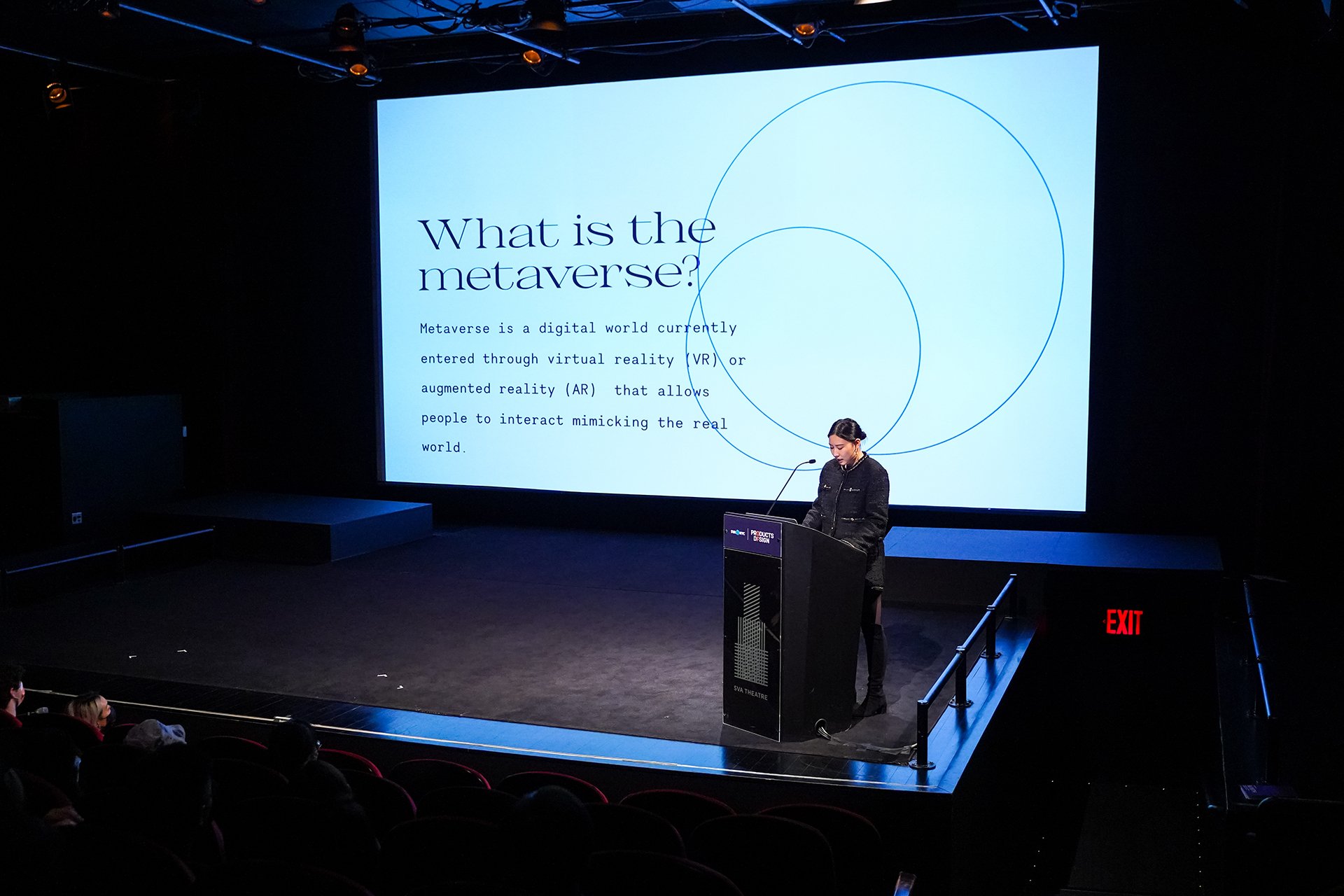
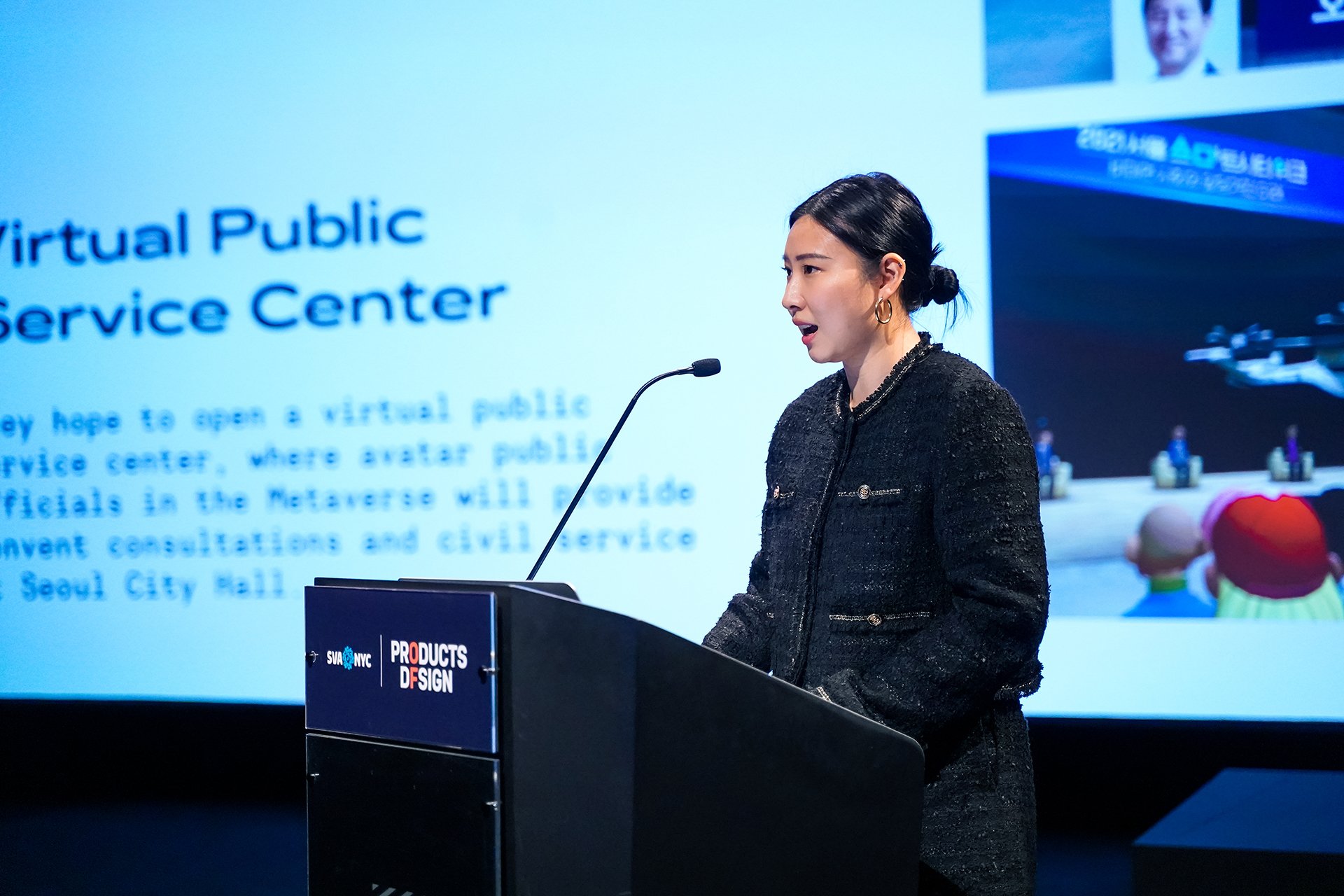
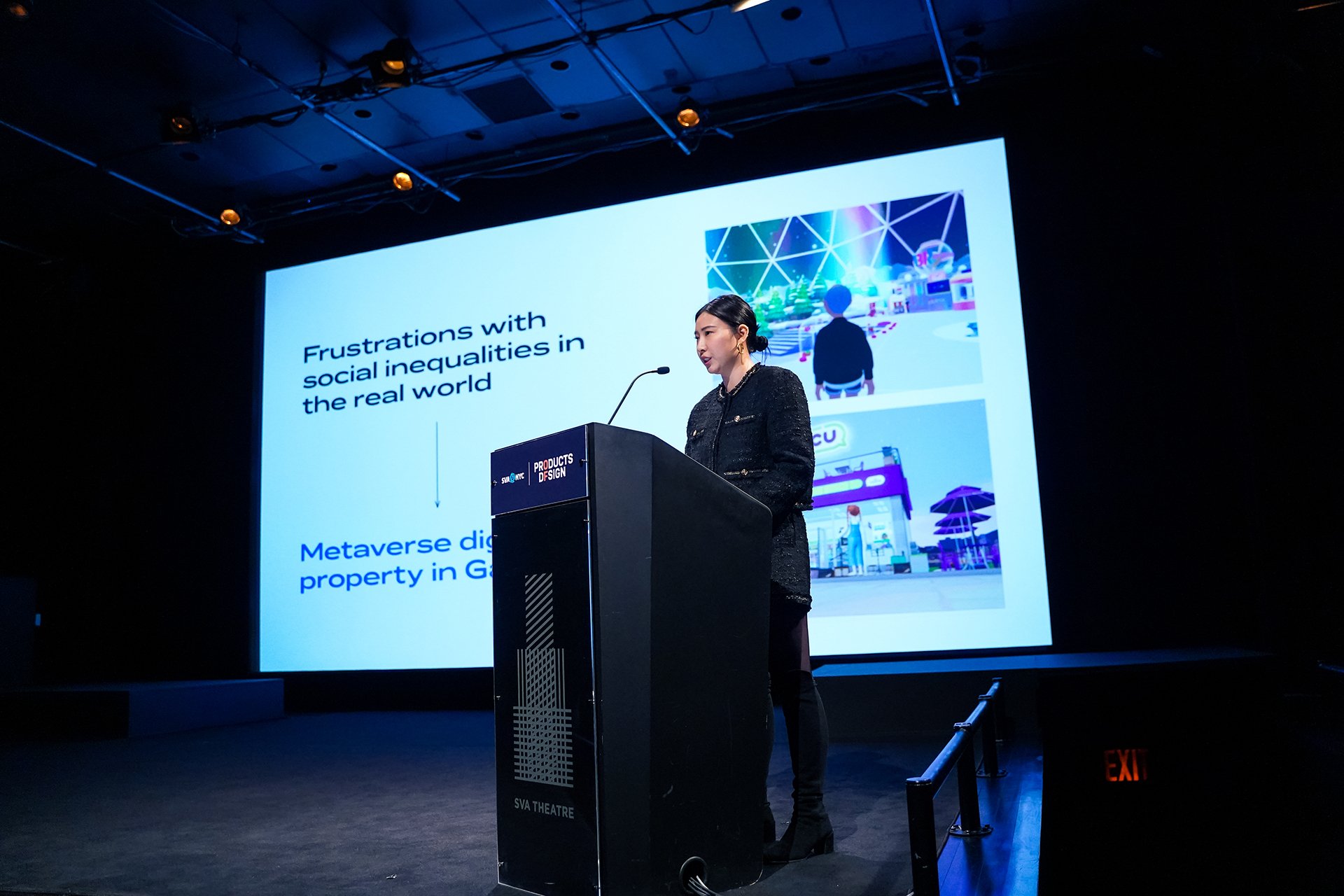
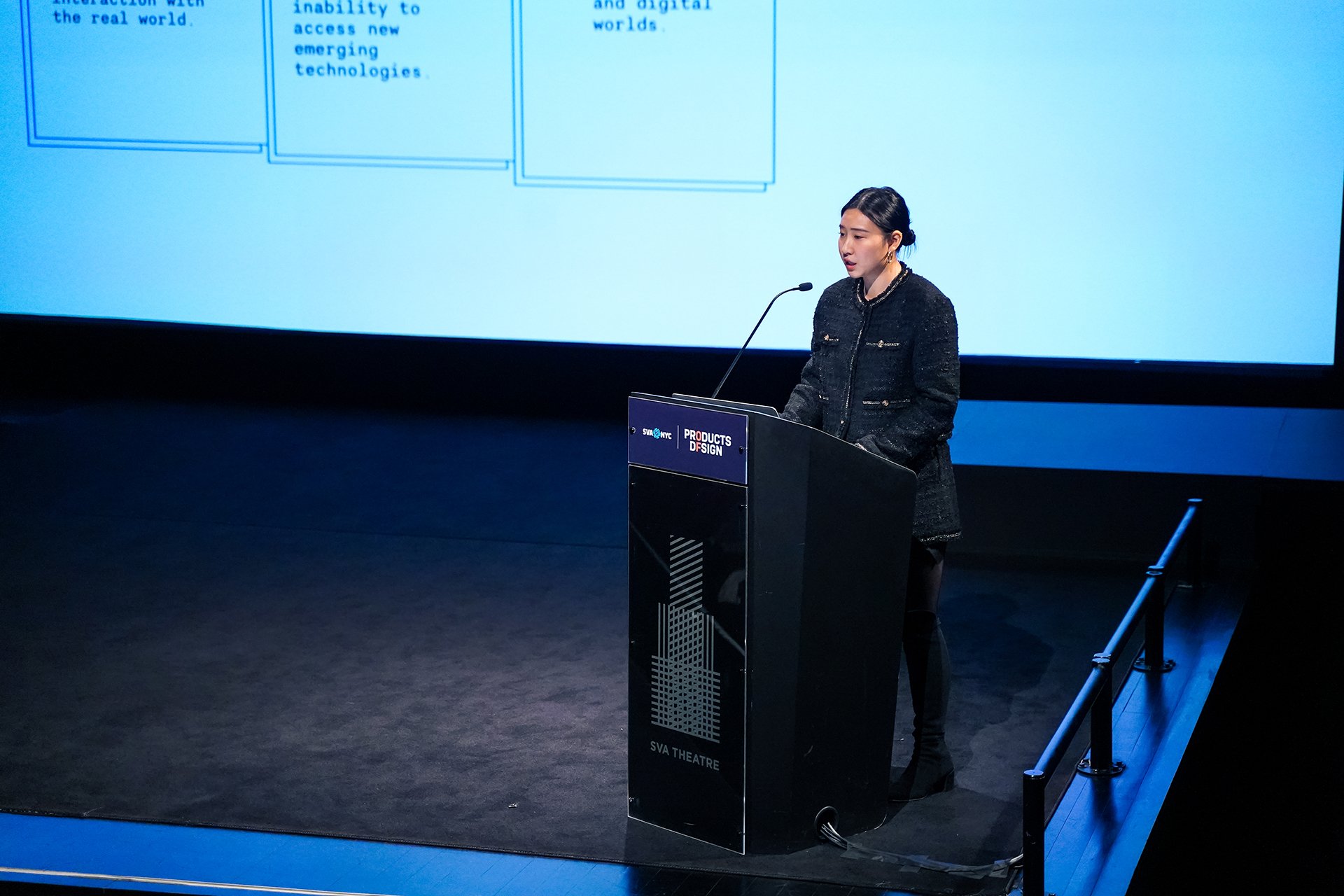
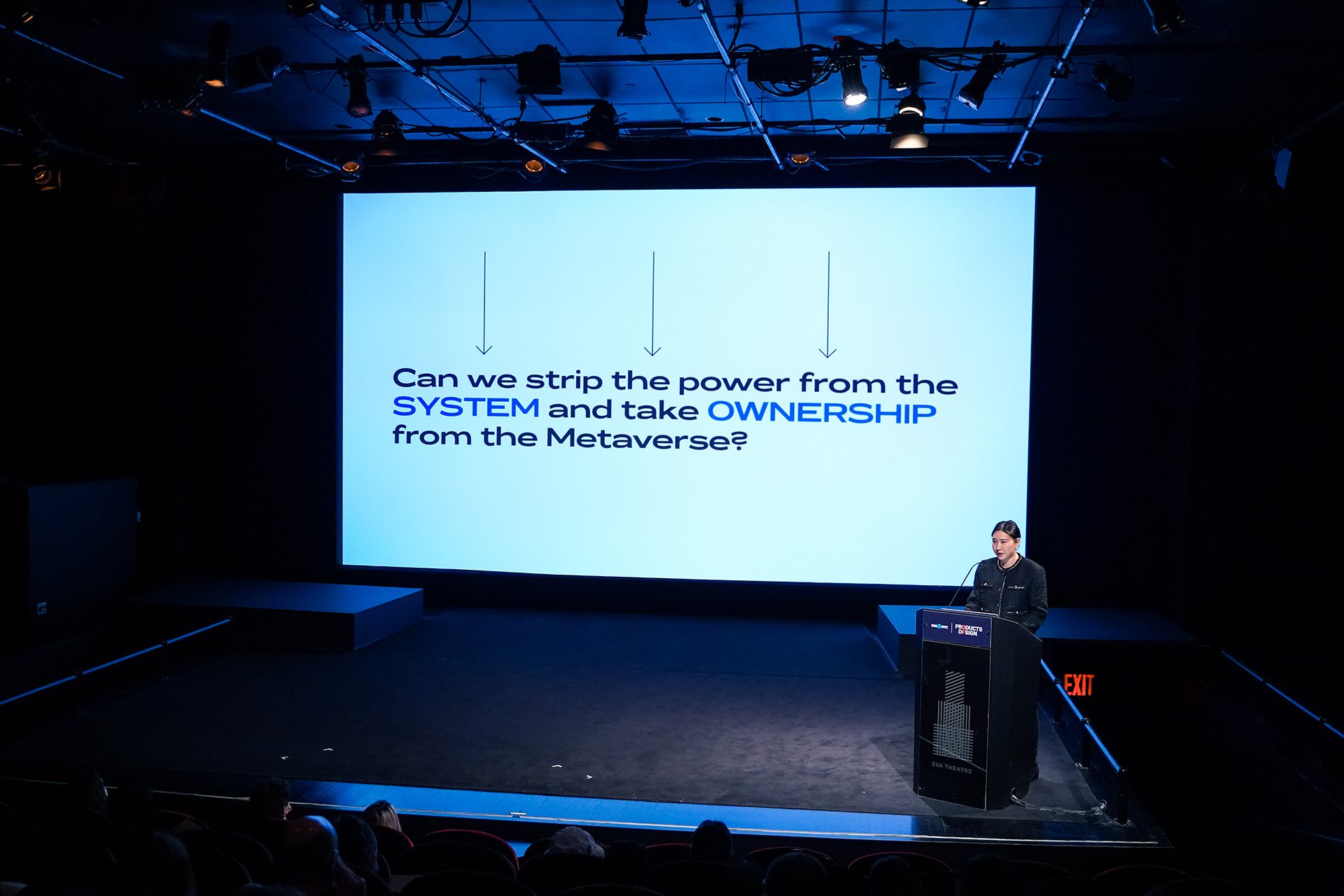
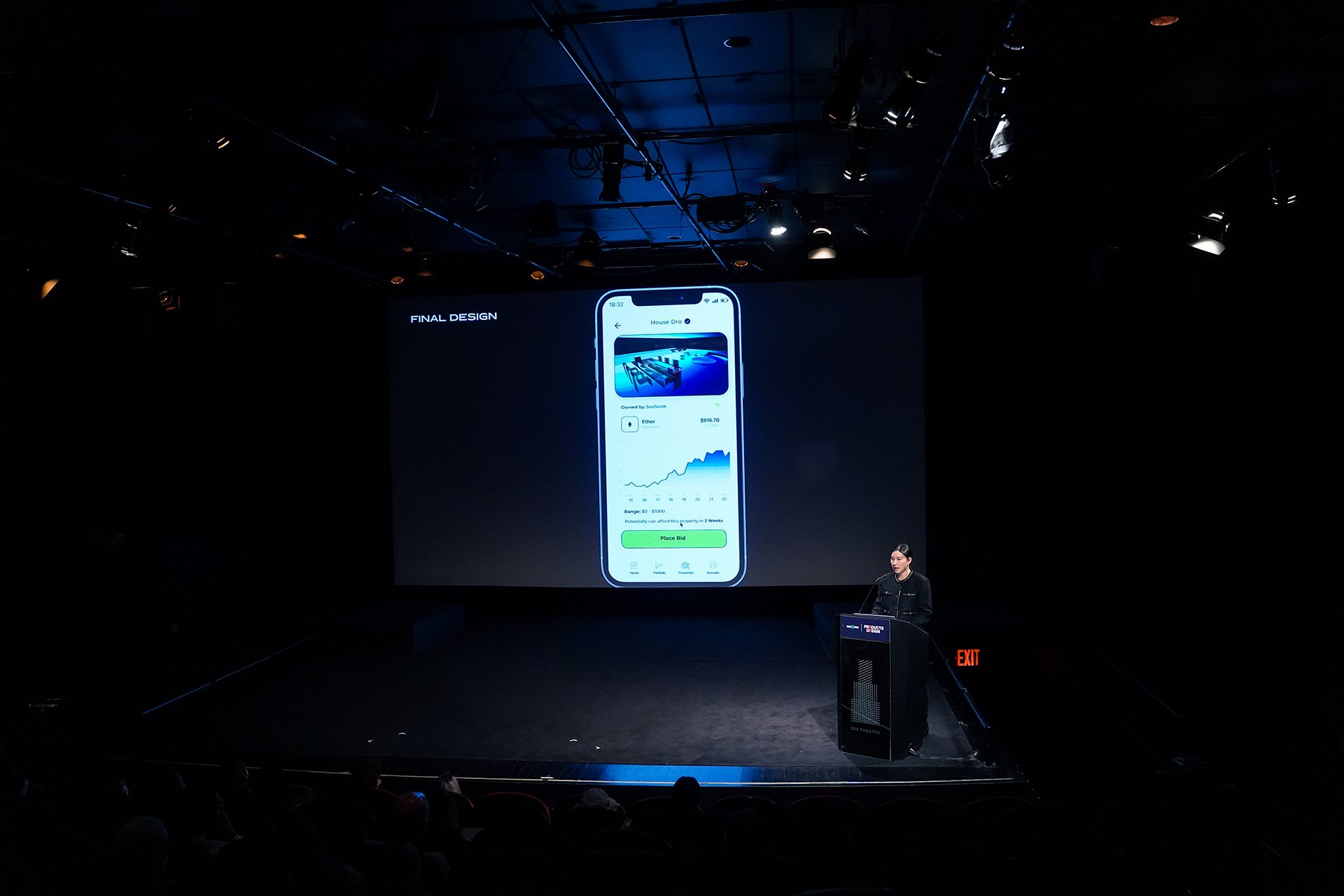
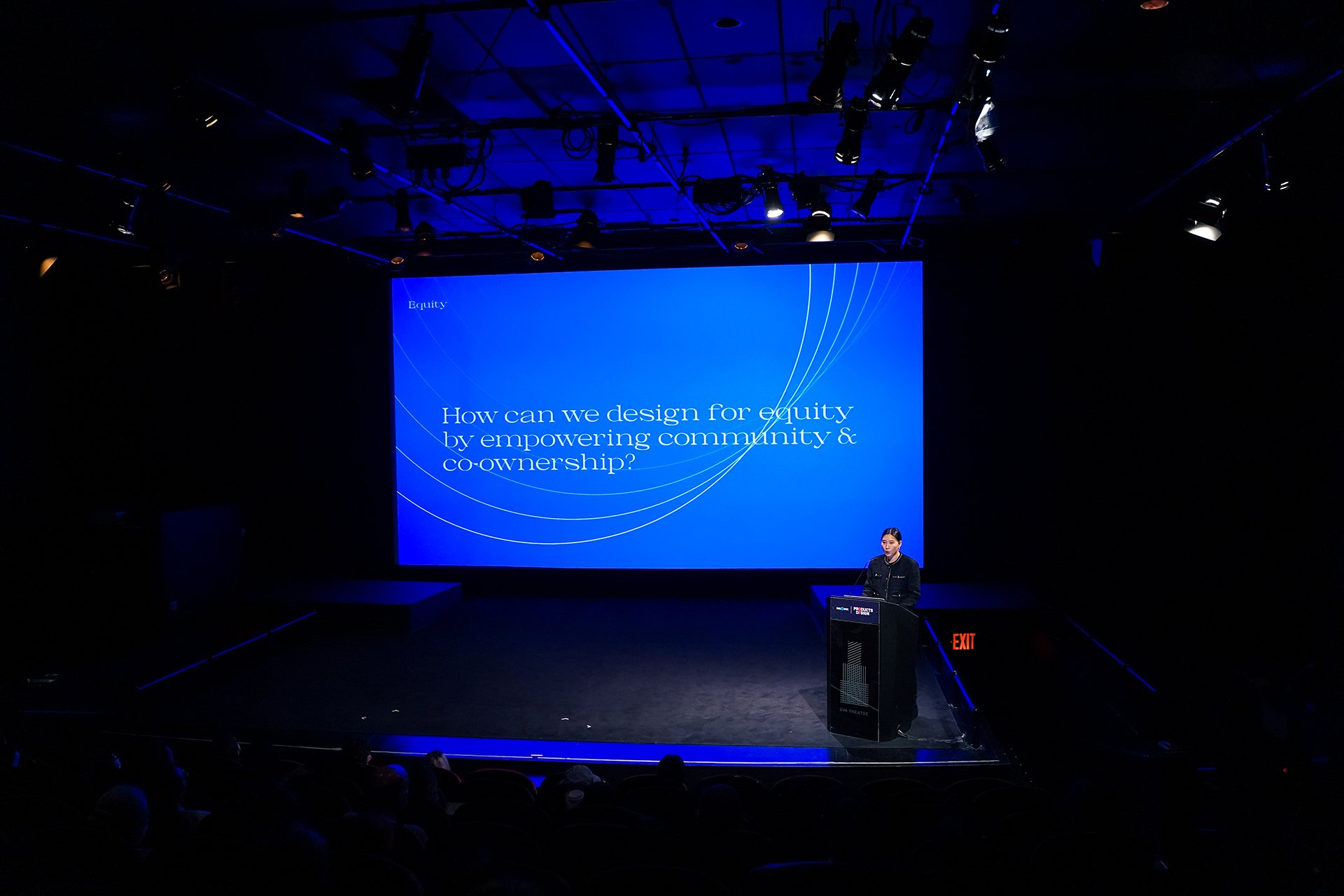
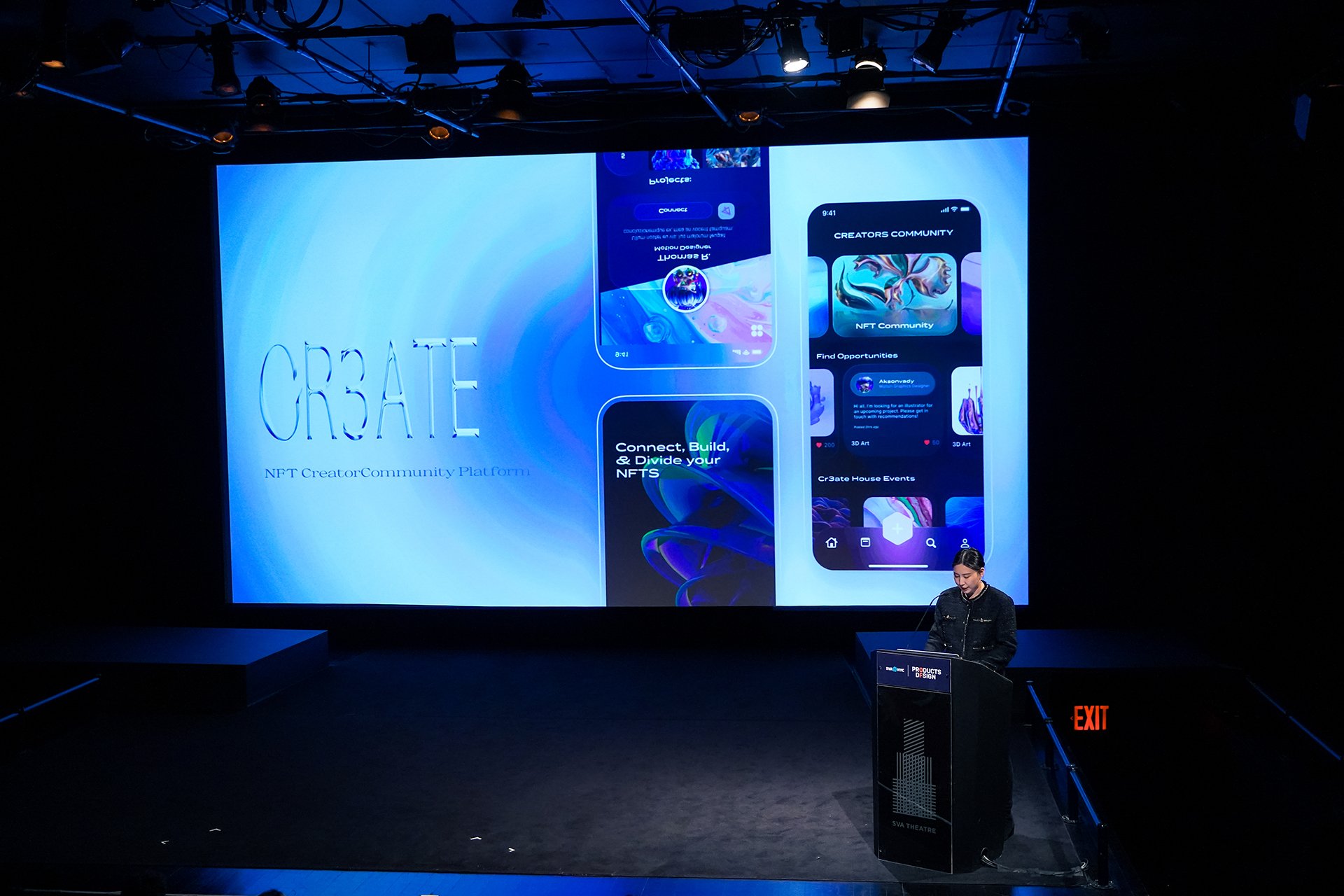
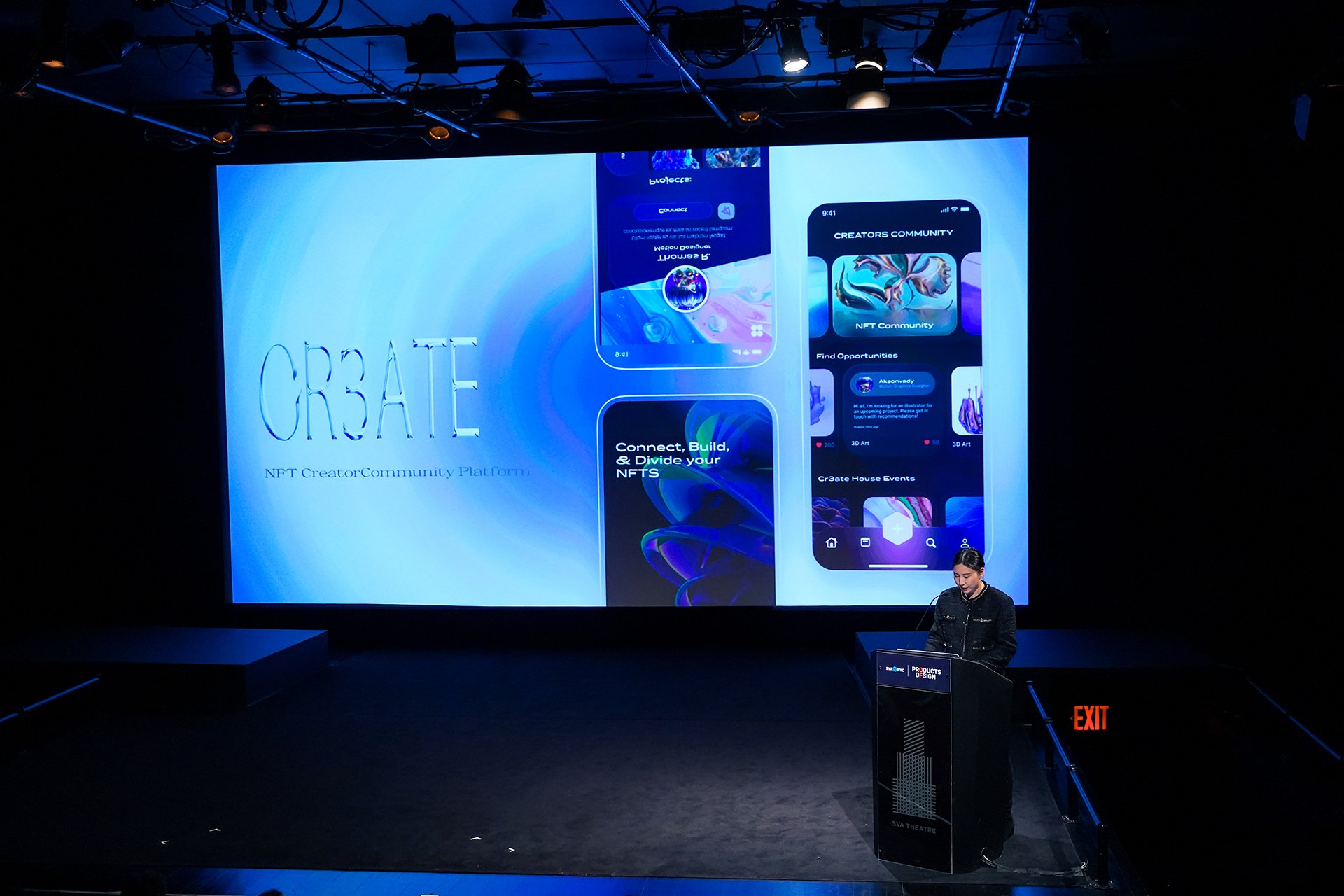
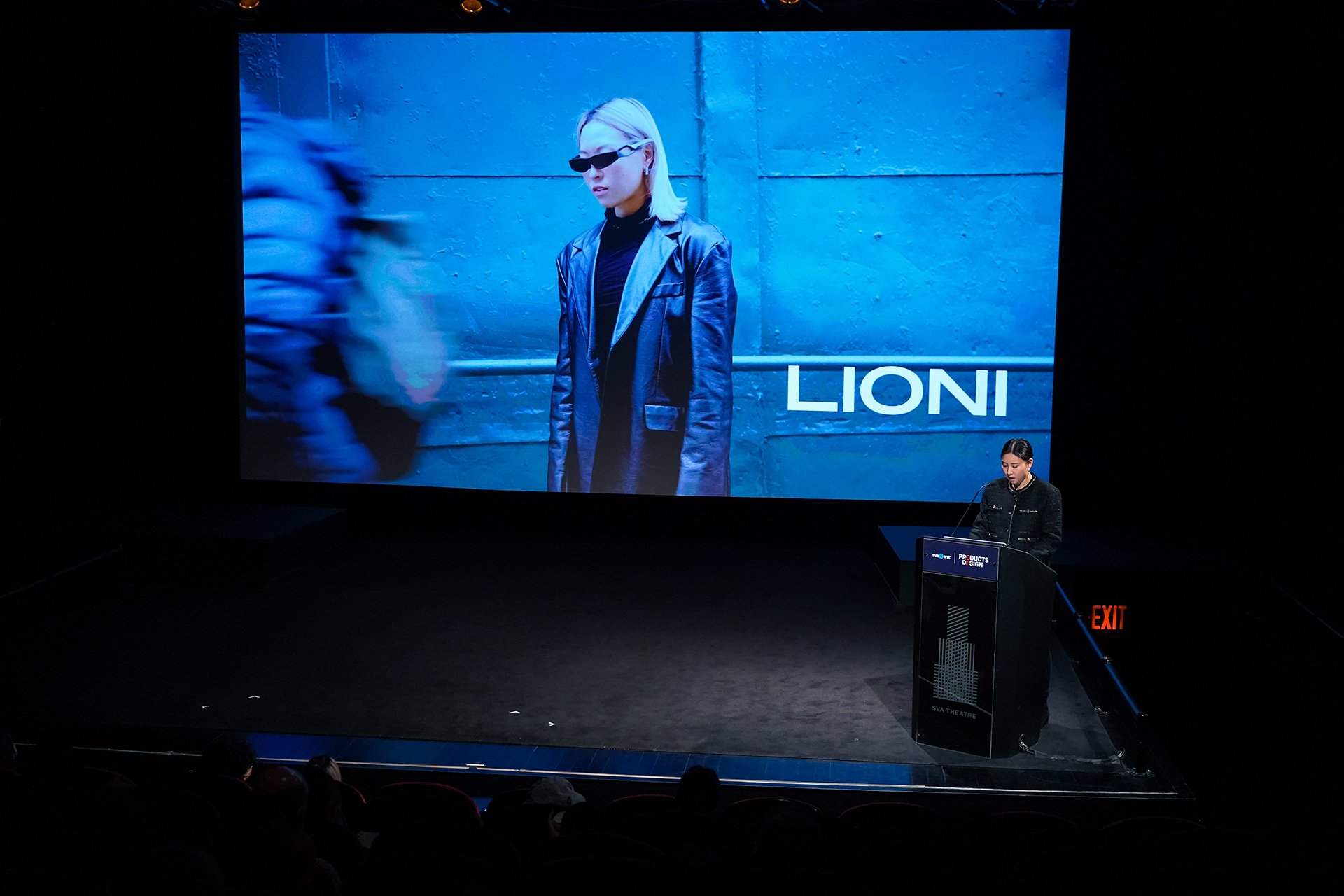
Decentra
First, Isabell decided to focus on democratizing property ownership in the Metaverse. Decentra is an inclusive metaverse real estate marketplace. The platform includes micro-investing services that provide opportunities to everyone, regardless of class, race, and gender. Decentra products allow you to invest round-ups and small consistent investments that will lead toward digital property ownership. The product uses artificial intelligence to recommend suitable investments after users fill out an onboarding questionnaire and connect their bank accounts.
Cr3ate
Next, Isabell focused on community building by giving power to everyday creators to build their future. Cr3ate is an inclusive community platform that helps creators connect, build NFT's, and divide the shares equitably. Cr3ate is a platform that allows you to make co-ownership seamless. By using artificial intelligence to give precise data for equitable division of shares, Cr3ate fosters a sense of belonging and sparks creativity that helps build together for a humane future. This platform will be user-friendly, so anyone from any background will be able to seamlessly enjoy it.
Lioni
Lioni is a pair of speculative AR glasses introduced to the world that will bridge the gap between physical and digital realities. Lioni is a black cat-eye frame featuring goggle silhouettes, voluminous temples, and 99.9% UV-protected black lenses. The swipe-motion side temples can switch the glasses to AR technology. Lioni is a product that will pioneer digital clothing as a part of self-expression and identity. Isabell explains that this product will further clarify the lines between physical and digital realities using augmented reality technology.
Sensee
Next, Isabell chose to focus on using technology as a tool to create a sense of hope for the future. Sensee is an AR indigenous garden that highlights the native plants of New York. New York City has already lost more than 30% of its native plants. "I wanted to use technology to reimagine the New York before us," Isabell explains of the project. “The goal is to help us connect with nature, protect our natural environments, and enable sustainability and regeneration. Sensee embodies hope for the future world.”
To learn more about Isabell Park's work, take a look at her projects in more detail at www.isabellpark.com.





